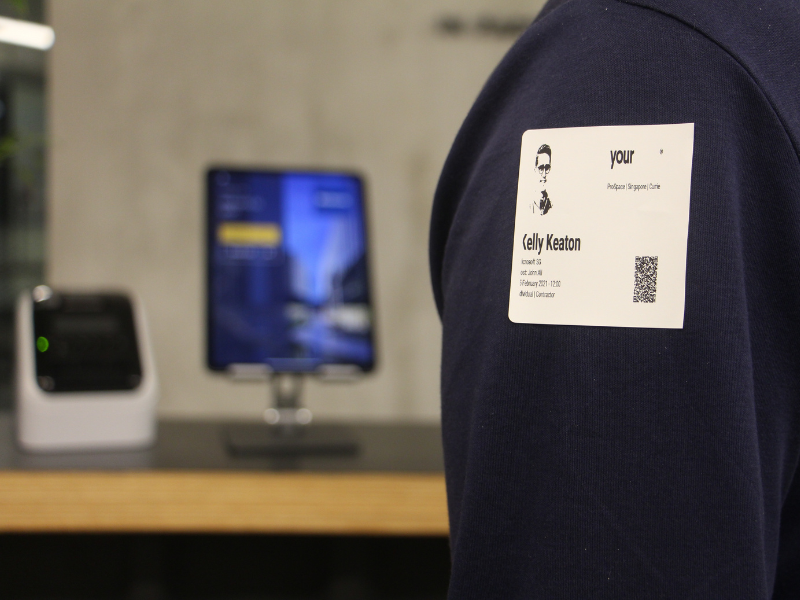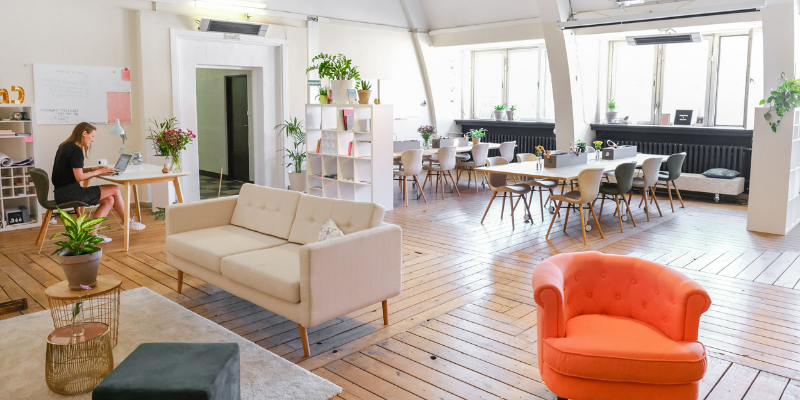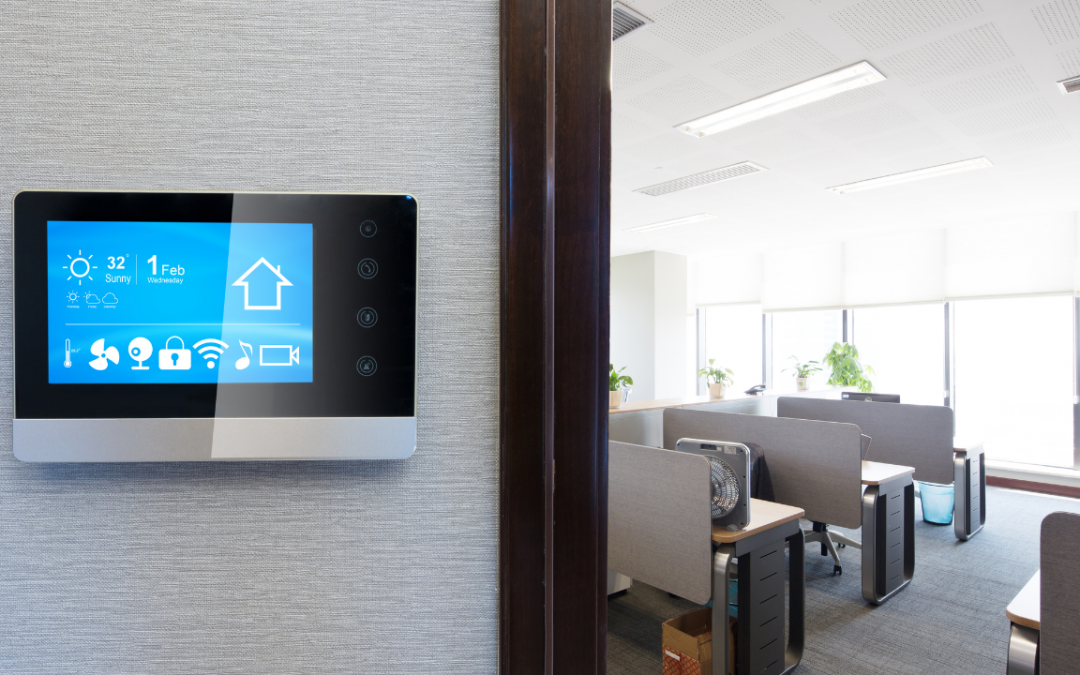The workplace continues to change at a rapid pace. Workers are increasingly mobile and rely on secure, flexible, connected, and intelligent technology. They expect the same from their workspaces to enable them to do their best work while having a safe environment designed for their well-being.
With today’s consumer-led digital transformation, workplaces must help employees work smarter. The workplace management system is the technology that helps organizations bring together best-in-class solutions to connect their people and the workplace intelligently so they can foster collaboration and influence productivity and efficiency.
ProSpace CEO and co-founder Steve Ong talked about the latest trends in the workplace in his podcast interview with BFM 89.9 producer and host Audrey Raj. He also covered how business leaders and HR professionals can use those to plan out “The Great Return”. During his interview, he highlighted three trends that have a considerable impact on how organizations will want to plan the office in the next 18 to 24 months.
“We are seeing an entirely new generation of workforce. They have a very different set of ethics, beliefs, and aspirations, which can differ from the older generation X or the baby boomers.” He then explained that this would be one of the organizations’ challenges in the following months: creating a workplace that seamlessly integrates different generations.
Steve also said that people are starting to consider their life choices, especially in this Covid situation. Many people are now taking a leap and choosing to change their profession to what they have always wanted before. Employees are also voicing out their wants.
These two significant trends gave birth to the third trend, which is the hybrid work model. This emerging business model is not specific to certain industries. In recent studies, Steve went on to say that nine out of 10 industries are already looking to implement some form of hybrid work in their office.
When asked if the hybrid work model is a long-term solution, Steve expressed that people have experienced the benefits of working in a different kind of environment due to the pandemic. This means that one of the critical challenges for organizations, if they decided to move back to the traditional way of working, would be facing a lot of headwinds in terms of retaining their employees. “So this is a watch out that a lot of organizations have to have to look into. After all, the market is speaking up right now, and employees have more choices.”
Conclusion
The great return is happening. So, by all means, the time to prepare for it is now. The rise of smart workplace technologies and the Internet of Things (IoT) are not only paving the way for flexible, data-driven workplaces that better serve employees—they’re also creating new opportunities for businesses to gain a competitive advantage in an ever-changing marketplace.
There’s no telling what tomorrow holds, but one thing is sure: enterprise environments will continue to change quickly while employees are asking for their needs to be met. These factors may force organizations to adapt to new working trends even faster if they want to be one step ahead.
Want to know how you can use these trends to your advantage? Watch for the next blog post where Steve talked about the technology that powers the smart workplace. You can also listen to Steve’s podcast interview here.
In the meantime, connect with us if you want to know how ProSpace can help you transition into a hybrid work model and be successful in it.










